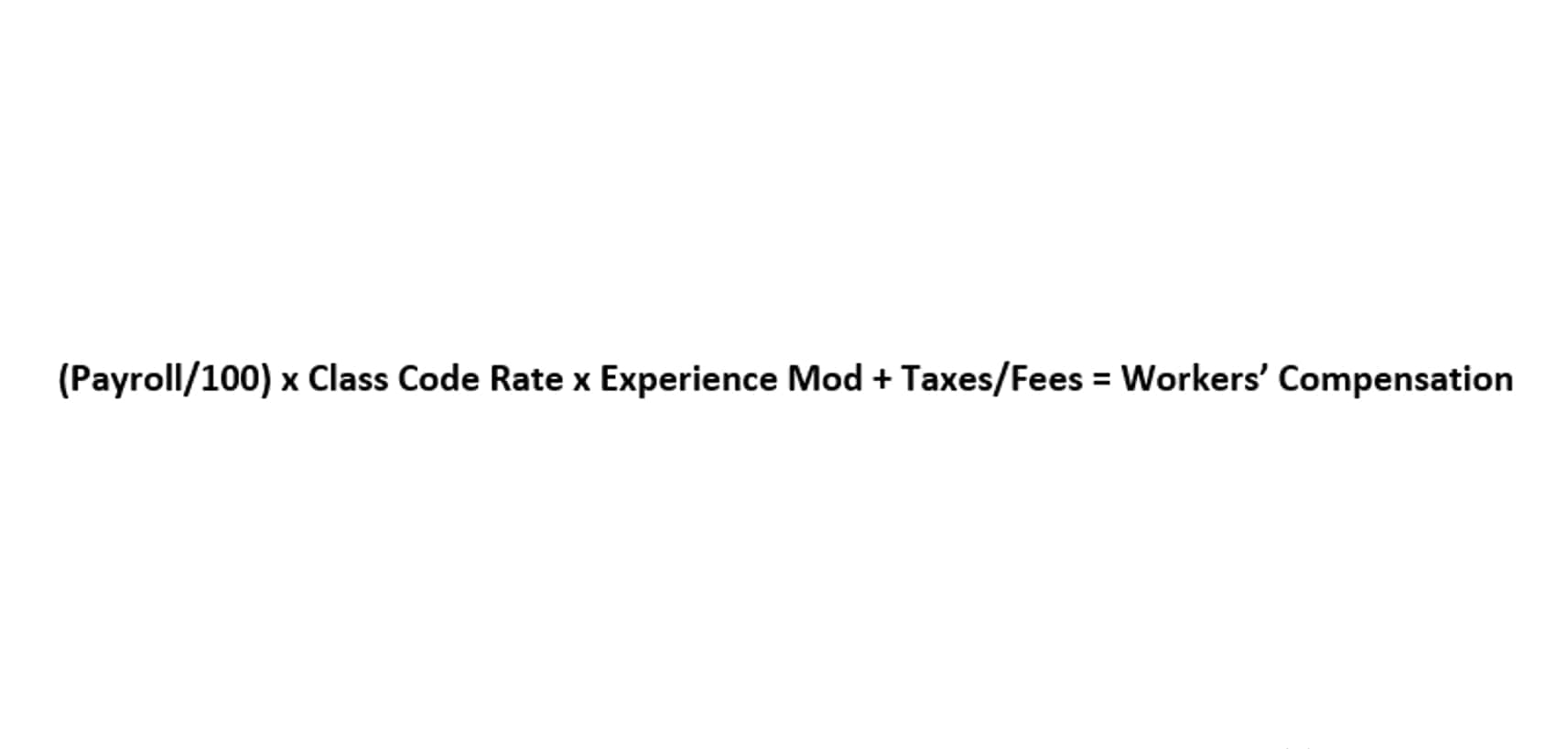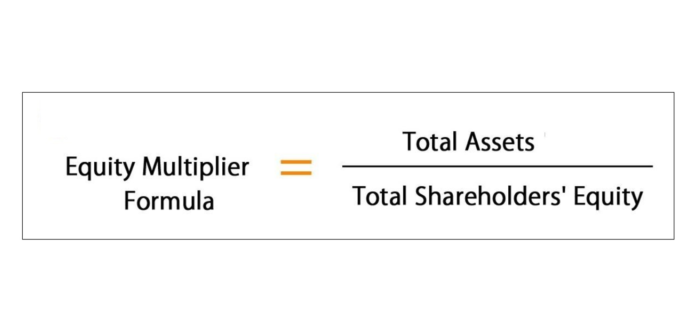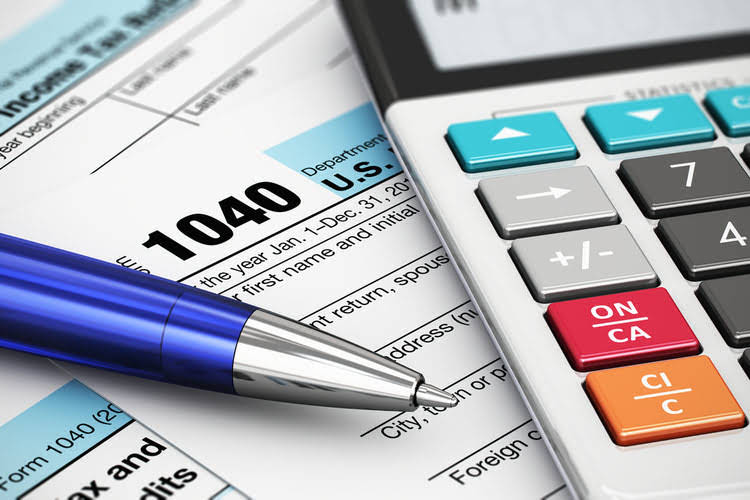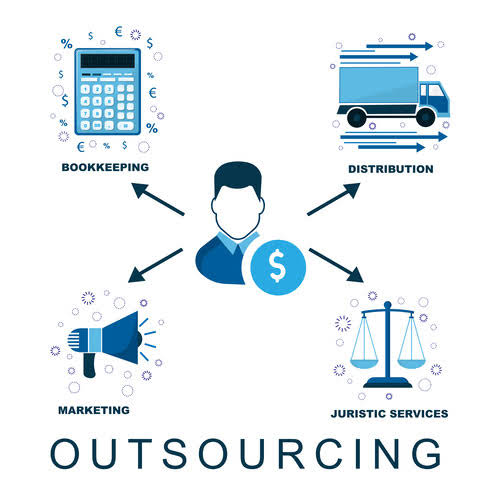
This choice can significantly impact not only the outcome of your tax returns but also your overall financial strategy and compliance. Like CPAs, enrolled agents (EAs) are entitled to unrestricted virtual accountant taxpayer representation. Unlike CPAs, EAs’ expertise is limited to tax matters, making them extremely well versed in their specialty. Some tax clients may prefer a more versatile approach to the tax-filing process rather than a more specific one or vice versa.
Training
- The 55 US state boards or (BOA) have the statutory authority to issue the CPA license.
- When you partner with the CPAs at MB Group, you get the expertise of a team of professionals who can handle all of your tax related needs.
- Factors like scan clarity and handwriting impact results, but advanced OCR ensures reliable invoice data extraction for automated bookkeeping and accounting tasks.
- These financial wizards have gone through extensive education, training, and examination to earn the prestigious CPA designation.
- They have the expertise to analyze complex financial data, provide strategic financial advice, conduct audits, and even represent clients during IRS audits.
- There are mainly two types of tax preparers, namely, licensed and non-licensed.
Even without participating in the AFSP, they can file returns for their clients. But note that such tax preparers don’t have any representation right before the IRS. DocuClipper is trusted by over 10,000 professionals for accurate and quick data extraction from financial documents such as bank statements, invoices, receipts, purchase orders, and tax forms. CPAs, on the other hand, often work in public accounting—that is, for third-party accounting firms that provide services for many clients. CIA professionals typically work as part of an organization’s internal finance team.

Required Education and Certification for Tax Preparers

Think of them as the Avengers of the accounting world, equipped with superpowers in auditing, taxation, financial planning, and more. Due to their extensive knowledge of many financial topics, CPAs can find year-round work in various industries. They typically work full-time hours throughout the year, but during tax season, they might work longer on the weekends and nights than tax preparers. A tax preparer is a financial professional who prepares and files taxes for individuals and companies.

Estimating the Cost of Hiring a CPA

CPAs carefully analyze financial data, identify deductions and credits, and prepare accurate tax returns. They also provide valuable advice on tax strategies, helping individuals and businesses minimize their tax QuickBooks liabilities. But a CPA isn’t the only professional who can file taxes on your behalf. Many people and private businesses choose to pay licensed tax preparers to represent them before the IRS.
Certified Public Accountant (CPA)

While there are highly knowledgeable tax preparers, especially those working with reputable firms like H&R Block, the profession includes individuals with a broad range of skills and experience. Do you need quick, streamlined tax filing support or broader expertise and planning? Deciding what type of tax professional is best for you can be a challenge. Learn the differences between various tax preparers so you can determine which best suits your specific tax needs. Ready to stop stressing about taxes and start optimizing your financial future?
Financial and Business Consulting
- For those with straightforward tax returns and financial matters, a professional tax preparer may offer an adequate cost-effective solution.
- The Board of Accountancy sets the standards for certified public accountants and issues licensure for the state.
- Finding enough time to balance the day-to-day of running a business is a job within itself.
- It also integrates with accounting software, reducing manual data entry.
- Neither of these providers offers a free plan, but you will be able to get a free trial for each one.
Tax preparers, conversely, aren’t required to complete a college degree in any field. Depending on the type of tax preparer you choose, the position may require different certifications and have varying degrees of representation rights. Every CPA has an 18-month period to pass AICPA’s four-part exam, which covers auditing and attestation, business concepts, accounting and reporting and regulations.
What is OCR in Accounting?
- A professional available beyond April 15 can help you adapt to any unexpected financial changes or new tax legislation.
- CPAs carefully analyze financial data, identify deductions and credits, and prepare accurate tax returns.
- Licensed tax professionals must pass the three-part Special Enrollment Examination (SEE) and complete 72 CPE hours every three years in order to represent a taxpayer.
- Each state board has its own educational and experience requirements to fulfil for successful licensure.
Below, we break down the cpa vs tax preparer key differences between a tax preparer and CPA to help you determine which path suits your needs best. The non-licensed tax preparers usually fall into two categories depending on their representation rights before the IRS. OCR can reduce document processing time by 50-80%, depending on volume and automation level.
High-Level Representation
When you own a business, you need to keep track of your revenue and deductible costs and pay quarterly anticipated taxes. In this case, you should generally engage an expert knowledgeable in these areas if you don’t comprehend estimated taxes, deductible expenses, depreciation, and inventory accounting. This certification is maintained through ongoing professional education, ensuring CPAs stay abreast of the latest in accounting and tax laws. When comparing a CPA vs. tax preparer for your business, it’s best to start with your goals.
